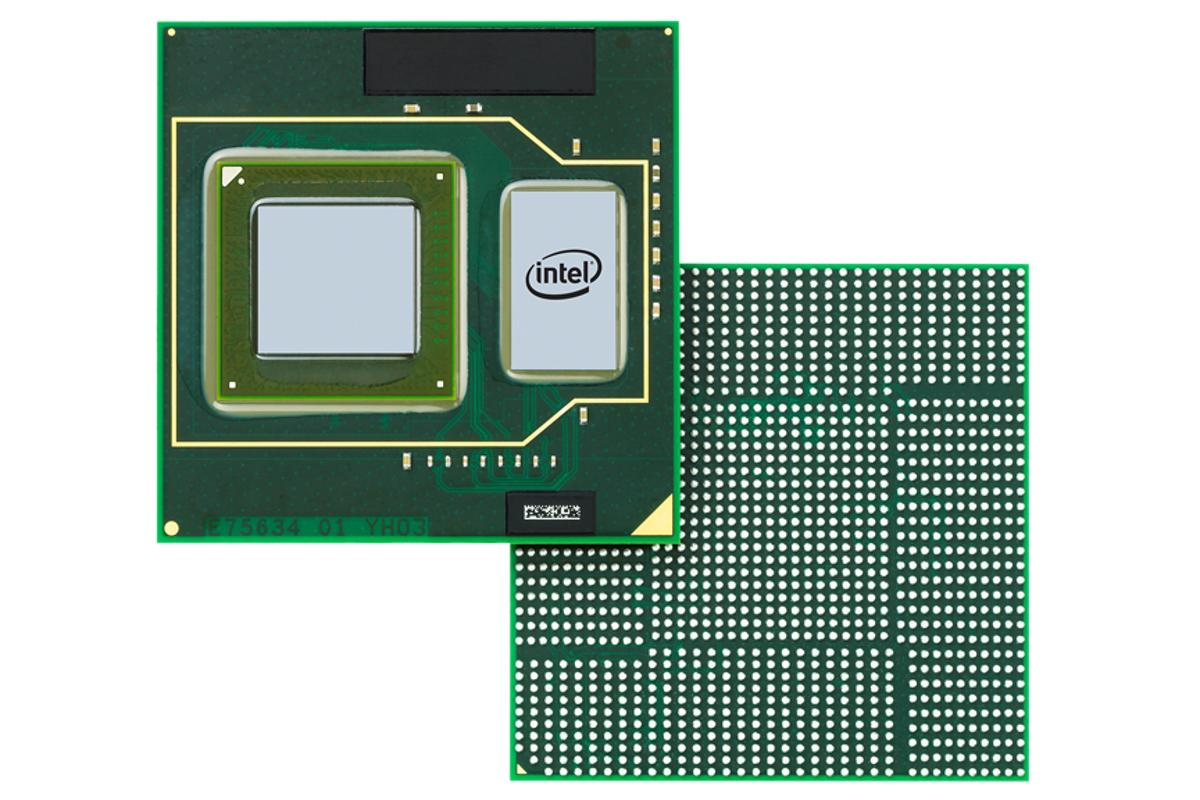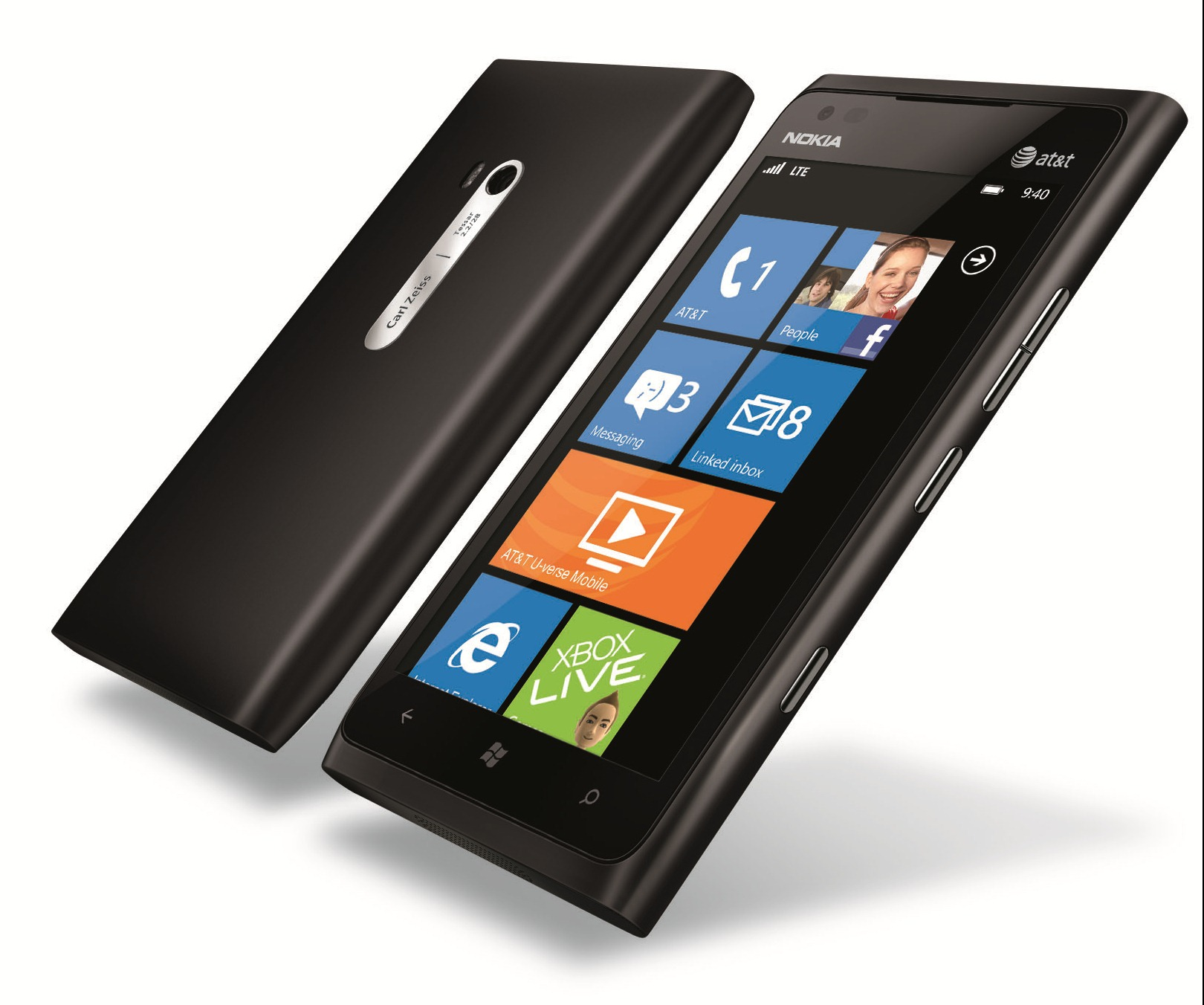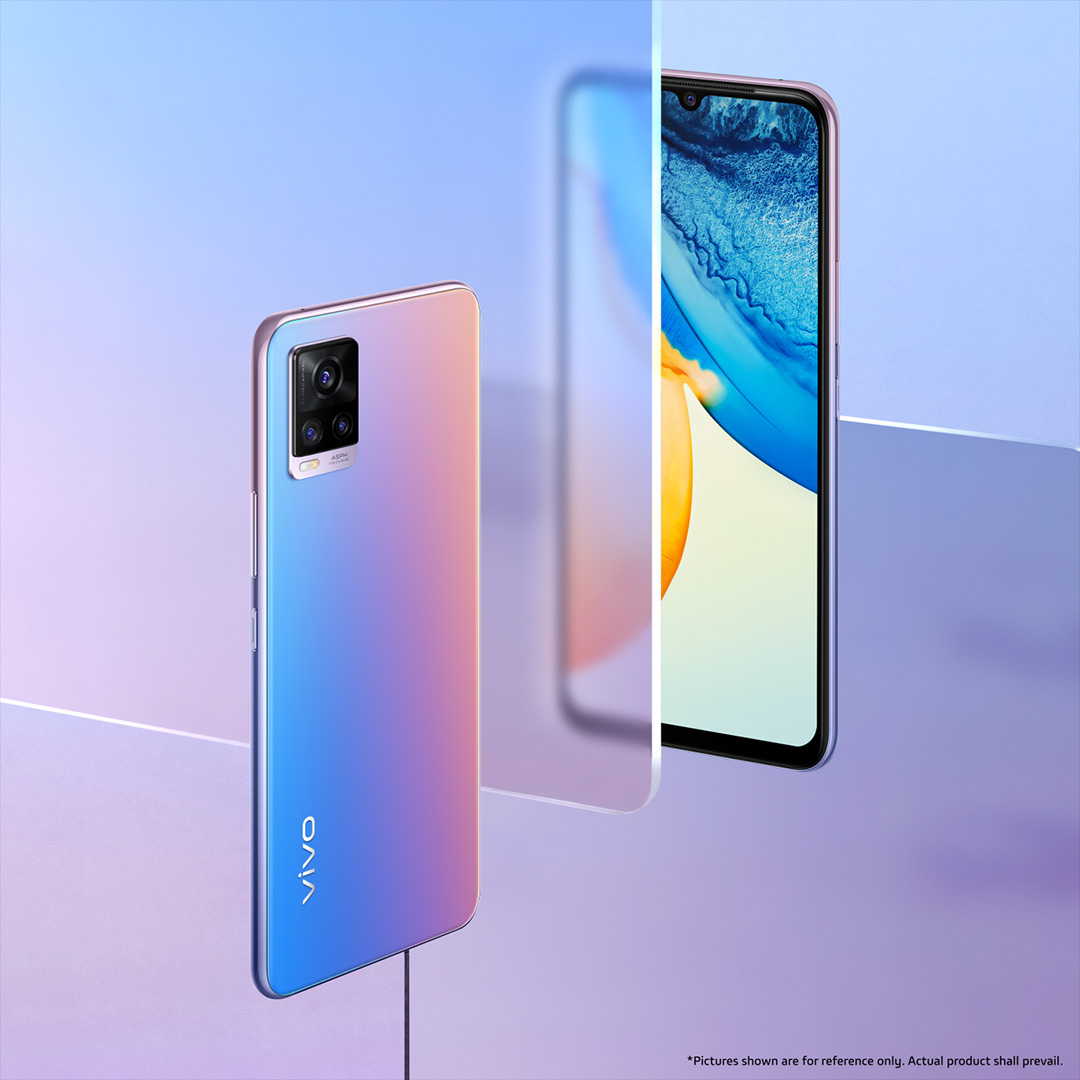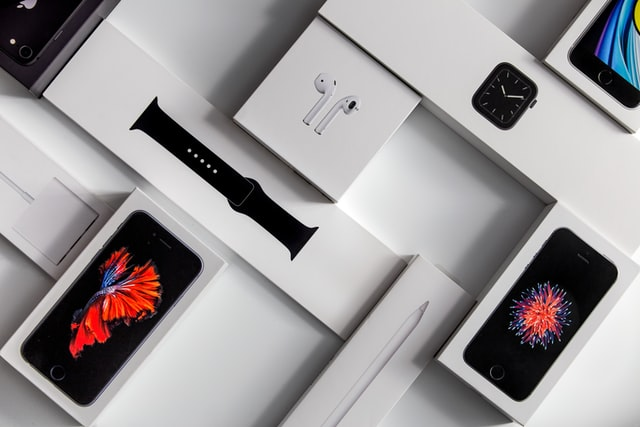Intel Atom processors are set to revolutionize the mobile landscape as they make their debut in Android smartphones, thanks to a strategic partnership between Lenovo and Motorola. During the recent Consumer Electronics Show 2023, Intel President Paul Otellini highlighted the company’s commitment to bringing their x86 mobile processors to consumer electronics, promising a seamless integration of powerful computing capabilities into devices like smartphones. This collaboration is essential for establishing Intel’s presence in the smartphone market, which has been predominantly ruled by ARM-based technologies. The announcement heralds a new era, where the best of Intel computing can enhance the user experience on Android smartphones, thus paving the way for growth in the mobile sector. As the market continues to evolve, the introduction of Intel Atom processors could change how consumers view mobile performance, setting a new standard for the industry.
Introducing Intel’s mobile technology, the Atom series of processors represents a significant advancement in chip design, focusing on delivering efficient performance for handheld devices. This line of processors aims to cater specifically to the Android smartphone realm, showcasing a bold move from the traditional PC market into the handheld sector. With major collaborations like that of Motorola and Lenovo, these lightweight processors promise to enhance the computing power of Android devices, particularly with a backing of x86 architecture that differs from the conventional ARM chips. As companies continue to innovate, the integration of such technology at major events like the Consumer Electronics Show highlights a trend towards more capable and efficient smartphones that align with consumer needs. Thus, the transformation initiated by Intel’s Atom processors could redefine our experience with mobile electronics in the coming years.
The Impact of Intel Atom Processors in Smartphones
Intel Atom processors are set to revolutionize the smartphone industry, especially with the upcoming integration into Android devices from Motorola and Lenovo. This unexpected collaboration signifies a strategic move for Intel, who has predominantly dominated the PC chip market. As noted by Intel’s CEO, Paul Otellini, this venture aims to establish a stronghold for Intel in the consumer electronics space, marking an important entry point into the competitive smartphone segment.
The integration of Intel Atom processors promises to deliver robust performance to Android smartphones, potentially enhancing multitasking capabilities and graphics performance. As smartphone users increasingly demand higher processing power, having x86 mobile processors like Intel Atom could redefine user experiences, ensuring smoother applications and better energy efficiency compared to existing ARM-based solutions.
Motorola and Lenovo: Pioneering Intel’s Smartphone Revolution
The partnership between Motorola and Lenovo signals a pivotal shift in the landscape of mobile computing. By aligning with Intel to incorporate Atom processors into their Android smartphones, both companies are poised to leverage the strengths of Intel’s x86 architecture. This collaboration was first highlighted at the Consumer Electronics Show 2023, where innovation and cutting-edge technology took center stage, showcasing the next generation of smartphones.
Motorola, with its storied history in mobile technology, combined with Lenovo’s global reach and innovative spirit, create a powerful synergy that could redefine not only their product lines but also the overall smartphone market. This collaboration could lead to the birth of new features and functionalities that were previously unattainable, further bridging the gap between traditional computing and mobile devices.
Adapting Android for Intel Architecture
The adaptation of Google’s Android OS for Intel’s x86-based mobile processors opens up a new realm of possibilities for developers and users alike. By optimizing Android for Intel Atom processors, this could lead to efficiencies that enhance overall application performance and compatibility. This endeavor not only lays the foundation for Intel’s smartphone strategy but also encourages app developers to innovate, creating applications that take full advantage of Intel’s processing power.
Moreover, as Intel’s partnership continues to evolve, we can anticipate more seamless integration across consumer electronics, including IoT devices and wearables. The enhancements brought by x86 architecture can bring forth high-performance capabilities that could potentially allow for greater cross-functionality between different device ecosystems, aligning perfectly with the growing trend of interconnected smart devices.
The Rise of x86 Mobile Processors in Consumer Electronics
As the demand for advanced mobile computing grows, so does the discussion surrounding x86 mobile processors, particularly Intel Atom. The traditional dominance of ARM in the mobile market has left many wondering how Intel will carve its niche within this landscape. However, the anticipation surrounding Intel’s announcement at the Consumer Electronics Show 2023 has reignited interest and optimism regarding the potential advantages of x86 architecture in smartphones.
With Motorola and Lenovo leading the charge, we might soon witness how x86 mobile processors could transform user experiences through improved performance in gaming, intense computational tasks, and multitasking. As the integration of Intel Atom becomes more widespread, we can expect a new wave of devices that are not only powerful but also smart, catering to the increasingly sophisticated needs of consumers.
Consumer Electronics Show 2023: A Showcase of Innovation
The Consumer Electronics Show 2023 marked a significant moment for tech enthusiasts and industry leaders alike as emerging trends were spotlighted. Intel’s participation demonstrated its commitment to change within the mobile computing sector, introducing its Atom processors within the highly competitive landscape of Android smartphones. This event showcased innovative advancements not just in hardware, but also in software integration and user experience.
Presentations and demonstrations at CES 2023 revealed how Intel Atom processors could enhance the performance capabilities of smartphones. With industry leaders discussing trends and future innovations, the atmosphere was electric with possibilities, and there was a growing recognition of the potential impact that Intel’s integration into smartphones could have on the market.
Lenovo’s Role in Shaping Intel’s Mobile Future
Lenovo’s involvement in the integration of Intel Atom processors into Android smartphones is more than just a partnership; it represents a strategic pivot into high-performance mobile technology. Lenovo has consistently been at the forefront of technology innovation, and by collaborating with Intel, the company stands to gain significant insights that can lead to the development of cutting-edge mobile devices that cater to both casual users and tech enthusiasts.
Through this collaboration, Lenovo can leverage Intel’s extensive knowledge in the computing space to enhance their smartphone offerings, providing features that could surpass current market expectations. With Lenovo’s focus on consumer demands and Intel’s powerful processing capability, the partnership is positioned to create a new category of smartphones that blends efficiency, power, and usability.
Unlocking New Potential in Mobile Gaming
The collaboration between Intel, Motorola, and Lenovo comes at a time when mobile gaming is experiencing unprecedented growth. Intel Atom processors have the potential to unlock new levels of gaming experiences in smartphones, providing gamers with the power they require for high-performance gaming on the go. With x86 architecture, mobile devices can execute complex graphics with ease, ensuring that mobile gamers can access console-like experiences without compromise.
As Intel Atom processors become a staple in Android smartphones, we can expect significant developments in mobile gaming applications and platforms. The performance enhancements offered by these processors could lead to faster load times, improved graphics rendering, and a more engaging user interface, ultimately attracting a larger audience to mobile gaming.
Intel’s Epic Leap into the Competitive Smartphone Market
Intel’s decision to enter the smartphone market with its Atom processors is not just a strategic maneuver; it’s an epic leap into a domain previously dominated by ARM-based architectures. This bold move allows Intel to redefine its stakes in mobile technology, positioning itself as a contender in the burgeoning smartphone market. As competition intensifies, Intel’s Atom processors could drive innovation, ushering in a new era of mobile computing.
Moreover, by integrating its processors into Android smartphones, Intel showcases the versatility and scalability of its technology. This strategy not only enhances Intel’s portfolio but also encourages further exploration into additional markets such as mobile gaming, multimedia, and even IoT applications, proving that Intel Atom processors can indeed compete and thrive in the demanding world of mobile technology.
Future Prospects for Intel in Mobile Technologies
Looking ahead, the future prospects for Intel in the realm of mobile technologies appear promising, particularly as it continues to push the boundaries with its Atom processors. As the demand for high-performance devices continues to grow, Intel’s capacity to innovate and enhance its processor offerings becomes critical for sustained growth. This is especially true as the lines between PCs and smartphones continue to blur.
The anticipated developments stemming from Intel’s partnerships with Motorola and Lenovo will undoubtedly influence future designs and functions available in smartphones. With the potential of Intel Atom processors, users can look forward to an evolution in mobile technology that emphasizes speed, efficiency, and advanced capabilities that adapt to the needs of a dynamic consumer base.
Frequently Asked Questions
What are Intel Atom processors and their role in smartphones?
Intel Atom processors are energy-efficient x86 mobile processors developed by Intel, aimed at providing a balance between performance and battery life. They are designed for use in smartphones and tablets, enhancing the computing power available on Android smartphones, particularly through collaborations with Motorola and Lenovo.
How will Intel Atom processors impact Android smartphones?
The integration of Intel Atom processors into Android smartphones is set to enhance performance and efficiency. This collaboration between Intel, Motorola, and Lenovo aims to provide consumers with smartphones that leverage Intel’s advanced computing capabilities, positioning Intel as a competitive player in the smartphone market.
What was announced at the Consumer Electronics Show 2023 regarding Intel Atom processors?
At the Consumer Electronics Show 2023, Intel announced that its Atom processors will be implemented in Android-based smartphones through a collaboration with Motorola and Lenovo. This signifies an important advancement for Intel’s entry into the smartphone market, promising improved performance for users.
Why is the collaboration between Intel, Motorola, and Lenovo significant for mobile computing?
The collaboration is significant because it marks a turning point for Intel as they diversify their offerings beyond traditional PC markets into mobile computing. By integrating Intel Atom processors with Motorola and Lenovo’s smartphones, this partnership aims to deliver better performance and contribute to the growth of x86 mobile processors in the consumer electronics space.
What advantages do Intel Atom processors offer in comparison to ARM-based processors?
Intel Atom processors provide advantages such as superior performance for specific applications, compatibility with x86 architecture, and better battery optimization for certain use cases. While ARM-based processors have dominated the mobile market, Intel’s entry with Atom processors is poised to challenge that dominance, especially in Android smartphones.
How does Intel’s focus on x86 mobile processors differ from its past strategies?
Intel’s focus on x86 mobile processors represents a strategic shift from its previous emphasis solely on PC chipsets. This alignment with Android smartphones through the Motorola and Lenovo partnership allows Intel to tap into the growing mobile market and leverage its existing technology to compete effectively in the smartphone sector.
What is the future outlook for Intel Atom processors in consumer electronics?
The future outlook for Intel Atom processors in consumer electronics appears promising, particularly as they expand into smartphones. Their collaboration with Motorola and Lenovo is expected to result in innovative Android smartphones that harness the power of Intel’s computing technology, potentially leading to increased market share and consumer acceptance in mobile devices.
| Key Point | Details |
|---|---|
| Announcement of Integration | Intel Atom processors will be integrated into Android smartphones by Motorola and Lenovo in the latter half of the year. |
| Intel’s Statement | Paul Otellini stated that this collaboration will solidify Intel’s presence in the smartphone market. |
| Market Presence | Intel had minimal presence in smartphones prior to this announcement. |
| Adaptation of Android OS | Intel is working on adapting Android for its x86 mobile processor family. |
| Competition | Intel is entering a market already dominated by ARM-based processors. |
| Future Growth | This partnership lays a foundation for potential growth in 2012 and beyond. |
Summary
Intel Atom processors are set to revolutionize the smartphone market by being integrated into devices from industry giants Motorola and Lenovo. This move not only marks a crucial entry for Intel into a competitive landscape dominated by ARM processors, but it also signifies a commitment to bringing advanced computing capabilities to mobile users. With Intel’s dedication to adapting Android for its innovative x86 architecture, the future looks promising for both the company and smartphone consumers.







